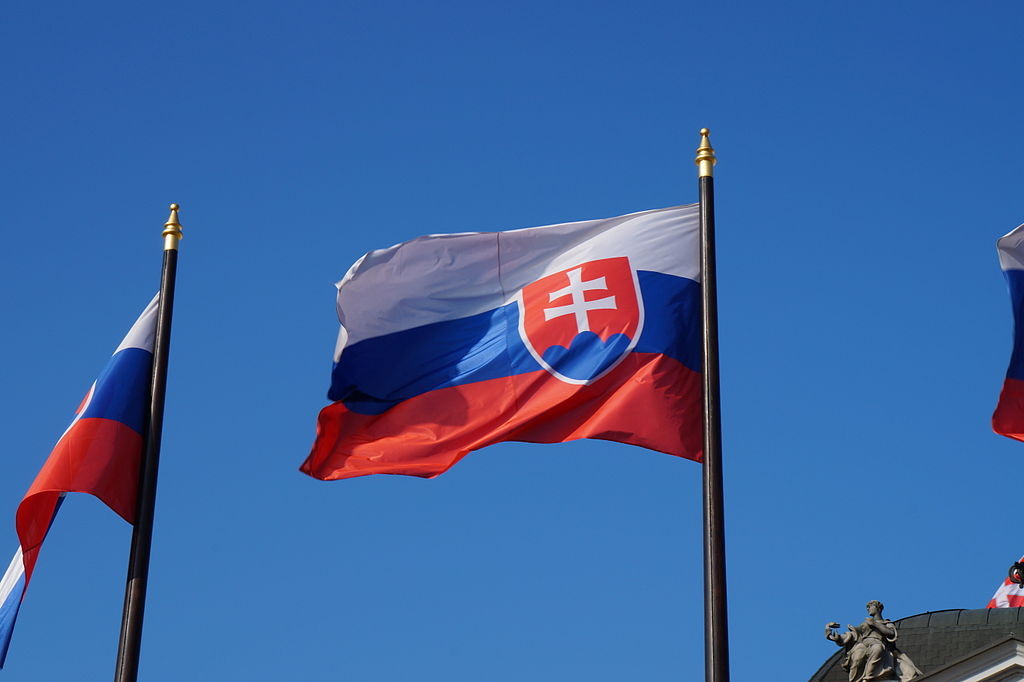
Poland: Towards the Black Scenario
As for the parliamentary elections, I felt much more uncertain. Like many others, I took the possibility of a coalition around the Law and Justice Party into account. In this variant, the president\'s office in the hands of Komorowski became strategically important to prevent various anti-reforms (e.g. lowering the retirement age). I also did not rule out a weak coalition around the Civic Platform.











